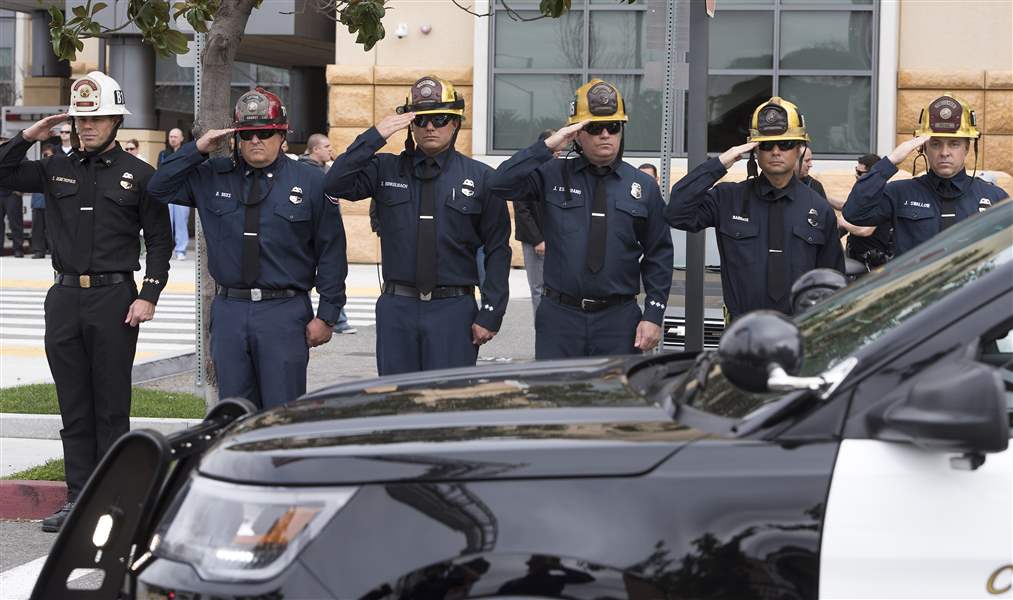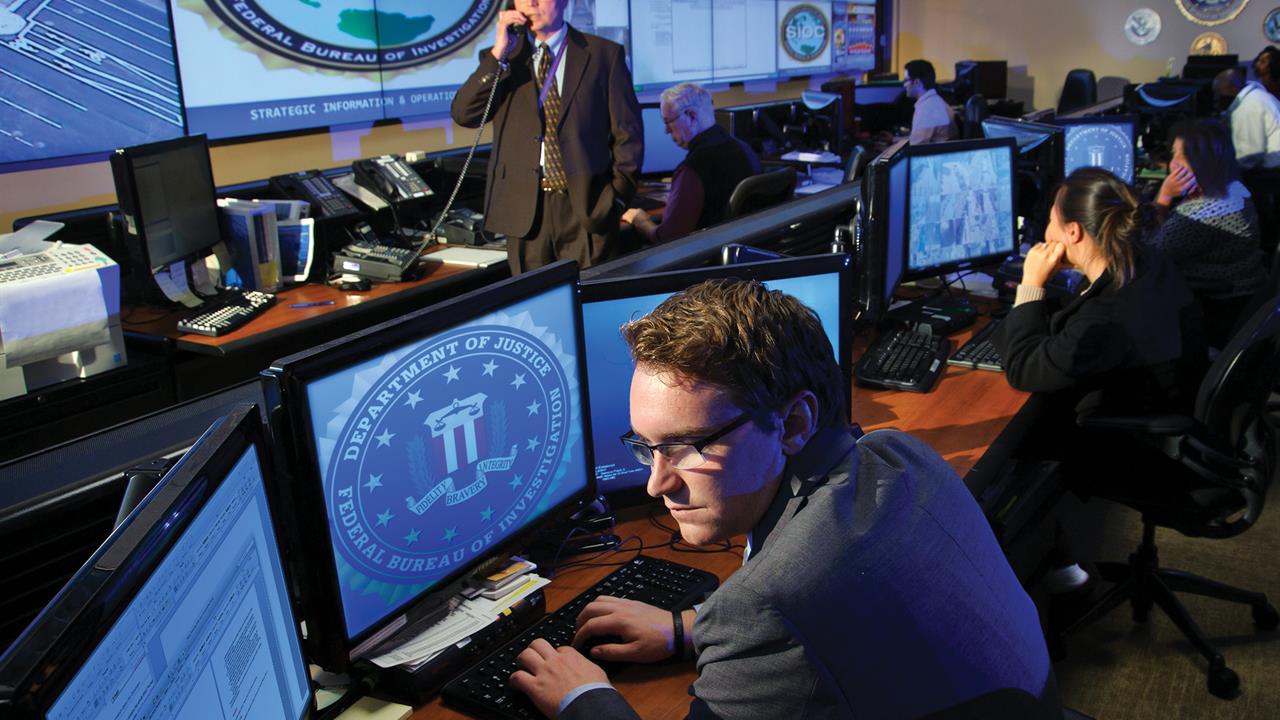Primer: The Drug Enforcement Administration has proposed hiring its own prosecutor corps to bring cases related to drug trafficking, money laundering and asset forfeiture — a move that advocacy groups warn could exceed the DEA’s legal authority and reinvigorate the 1980s-era war on drugs.
Citing the epidemic in opioid-related overdoses, the DEA said it wants to hire as many as 20 prosecutors to enhance its resources and target the biggest offenders. The DEA said the new force of lawyers “would be permitted to represent the United States in criminal and civil proceedings before the courts and apply for various legal orders.” The agency would use money it gets from companies that manufacture and dispense certain kinds of prescription drugs under the federal Controlled Substances Act.
Joe Manchin calls Trump to pull drug czar nomination
Sen. Joe Manchin urged President Trump on Monday to withdraw his nomination for drug czar, Rep. Tom Marino, after a report noted he was the chief backer behind legislation that made it more difficult for the federal government to go after prescription drug companies for suspicious narcotic shipments. Manchin does not mention in his letter that at the time he also had voted in favor of passing the bill, which received unanimous support in the Senate and was signed into law by former President Barack Obama.
“Congressman Marino led the effort in Congress to move through a bill that has made it significantly harder for the Drug Enforcement Agency to enforce our nation’s anti-drug diversion laws,” Manchin, D-W.Va., wrote to Trump in a letter. “For years, wholesale drug distributors were sending millions of pills into small communities – far more than was reasonably medically necessary.”
Manchin was responding to a report published Sunday by the Washington Post and CBS “60 Minutes,” which concluded that the Ensuring Patient Access and Effective Drug Enforcement Act of 2016 made it so the DEA could no longer bring enforcement actions against opioid distributors who give the painkillers to corrupt doctors and pharmacists.
As a result of the legislation one prescription opioid company shipped 20 million doses of oxycodone and hydrocodone to pharmacies in West Virginia between 2007 and 2012, including 11 million doses in a county where 25,000 people lived, according to the news investigation.
Trump tapped Marino, a Pennsylvania Republican, in September to lead the Office of National Drug Control Policy, which administers programs aimed at combating opioid abuse, including through drug monitoring programs or helping people access treatment.
“The head of this office … is a key voice in helping to push and implement strategies to prevent drug abuse, stop drug trafficking, and promote access to substance use disorder treatment,” Machin said, adding that the Washington Post report “calls into question Congressman Marino’s ability to fill this critical role in a manner that will serve the American people and end the epidemic. Congressman Marino no longer has my trust or that of the public that he will aggressively pursue the fight against opioid abuse.”
The opioid epidemic, which started after doctor overprescribing of prescription painkillers, resulted in more than 33,000 deaths in 2015, according to the Centers for Disease Control and Prevention. Because of such CDC reports, lawmakers were aware of the rising death toll and the contribution of the prescription drug industry to the trend when Obama signed the bill in April of 2016.
Many patients who were prescribed the drugs to treat pain then moved onto the drug’s cheaper alternative, heroin, which comprised an increased proportion of such deaths. West Virginia, in particular, has been hit hard, with 700 people dying from opioid overdoses in 700, according to Manchin’s office.






